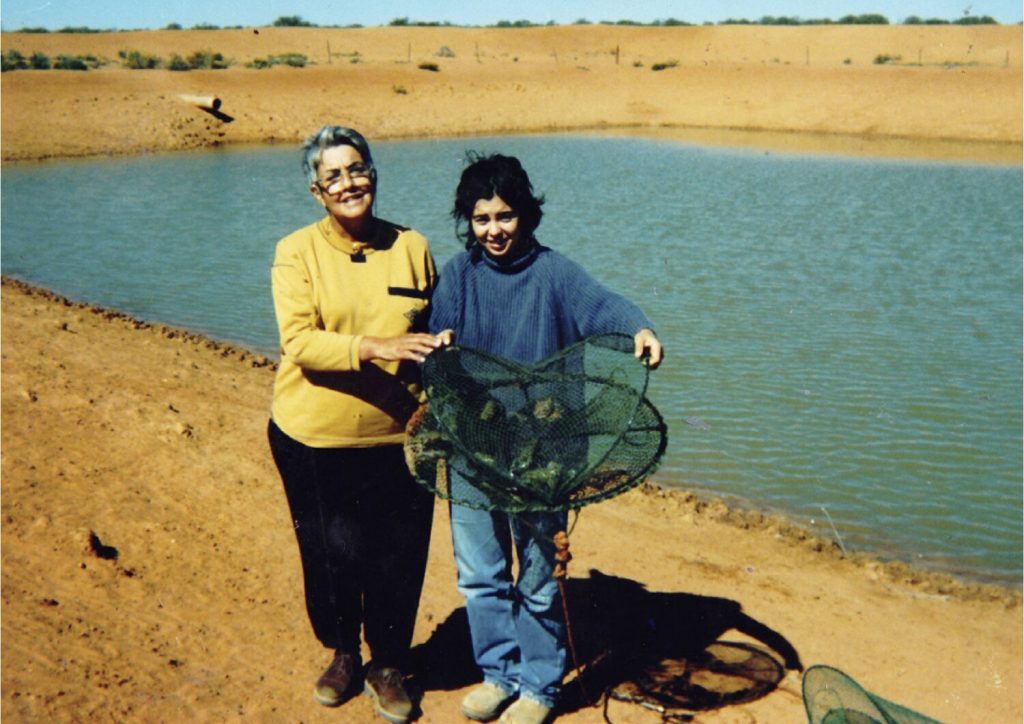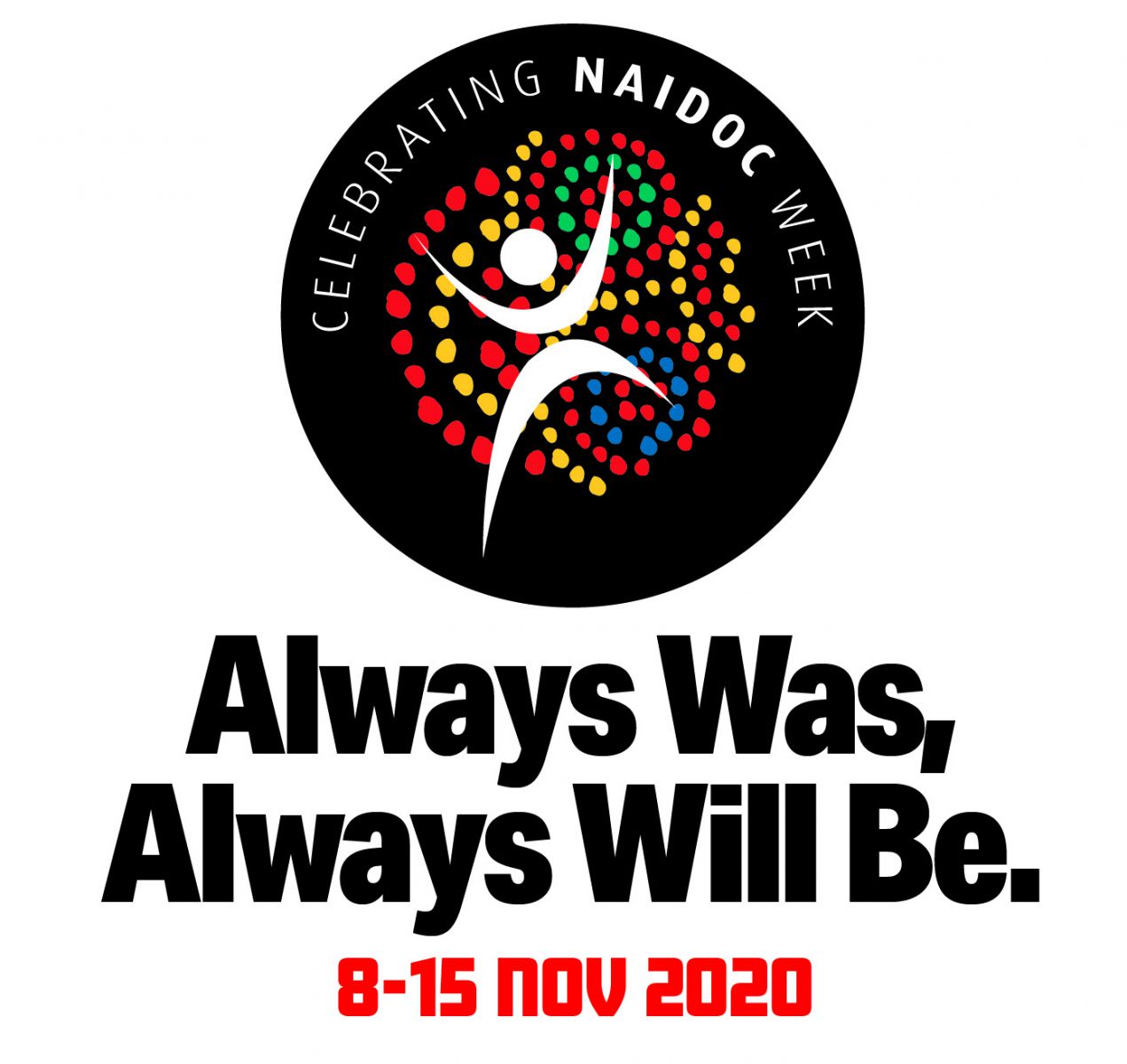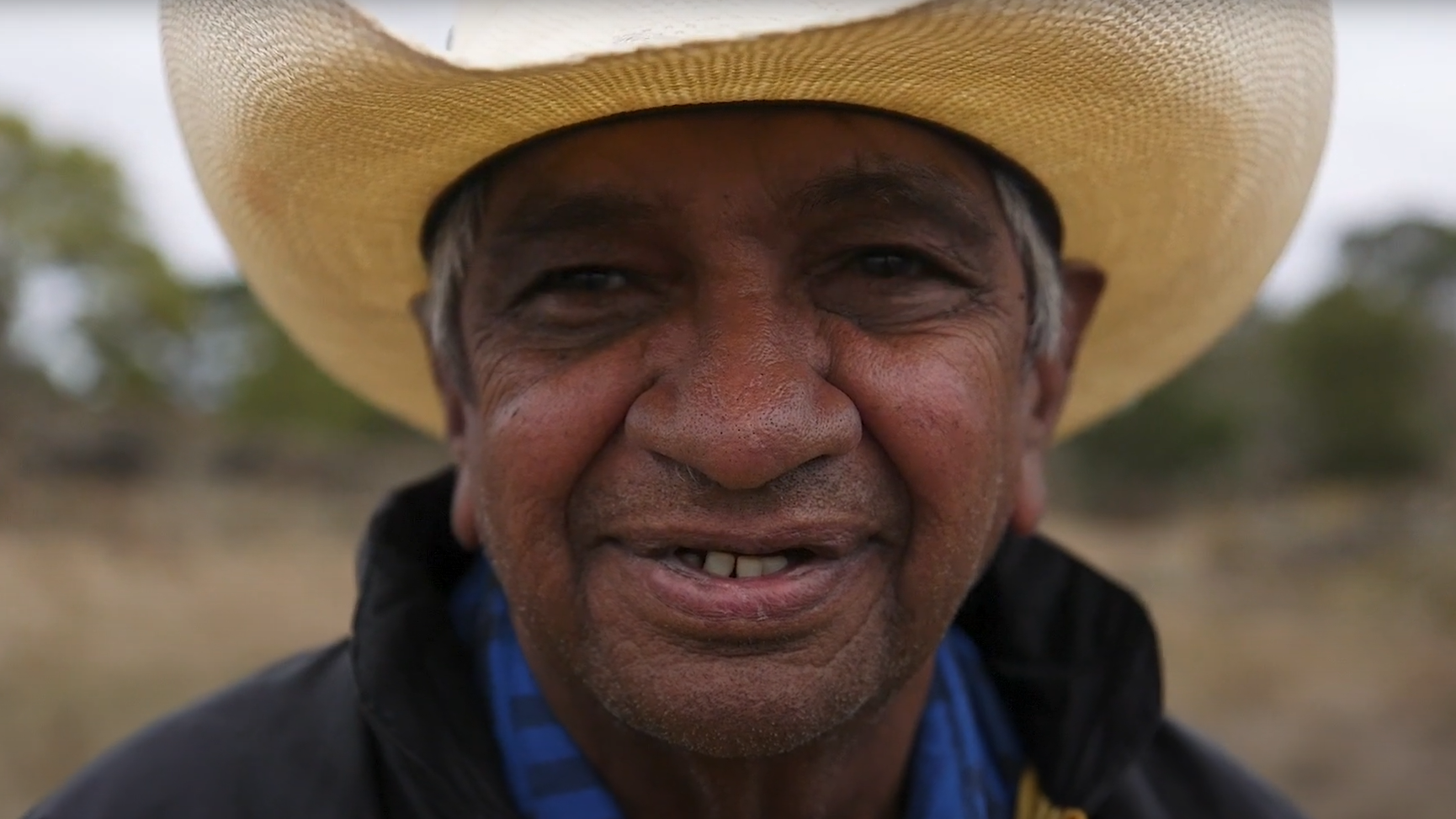Heal Country: In Conversation With Zena Cumpston
Science Gallery MelbourneThe theme of NAIDOC week this year, Heal Country, gets to the heart of many of the challenges faced by Indigenous communities across Australia. Zena Cumpston (she/her) is a Barkandji researcher, writer, consultant and curator at Science Gallery Melbourne questioning “Can we heal country on stolen land?”

Zena and her mum yabbying, 1994.
On my country, our Barka (Darling river) has been raped, violently altered, and irreparably damaged by agriculture, widespread water theft and mismanagement. The desecration of our Barka has proven traumatic for all Barkandji mob, alongside many Aboriginal communities whose culture is intimately tied to this waterway.
While Aboriginal and Torres Strait Islander people are very diverse, our role as custodians of Country collectively shapes our ways of seeing and being. We are custodians, meaning it is our responsibility to keep Country safe and healthy. Since colonisation, fulfilling these obligations (which lie at the heart of our culture) has been very difficult, and in many instances, impossible.
At the beginning of colonisation, many communities were forced off Country, removed or displaced altogether. Colonisation (which is not a point in time, but rather an ongoing, smothering structure) continues to block and negate our ability to be on Country and to restore her in the present moment.
There is no easy answer to healing Country– but there is one option that has never been tried.
Aboriginal and Torres Strait Islander people must be empowered to fulfil their custodial obligations to Country. For too long we have been seen, at best, as consultants – given no real power to manage our landscapes and be meaningfully engaged with the decision-making processes.
For my Country, my Barka, I believe that healing country means enabling water entitlements that are legally and beneficially owned by Aboriginal Nations. These entitlements cannot be piecemeal, but rather, of adequate quantity and quality to improve the spiritual, cultural, environmental, social and economic conditions of those Nations for whom waterways are their lifeblood. Aboriginal and Torres Strait Islander people must be empowered to fulfil their custodial obligations to Country. For too long we have been seen, at best, as consultants – given no real power to manage our landscapes and be meaningfully engaged with the decision-making processes.
The commodification of water will be the single biggest factor in unleashing untold, irreparable and horrifying environmental damage across our continent in future years. Many people have turned a blind eye to the suffering felt by people, animals and Country through the rape of our Barka. We were one of the first peoples hit by the ravages of colonisation led by agricultural pursuits, and these effects have always moved in waves.
No one is coming to save us. If we cannot find a way to effect change together, we all have more to lose than we could ever imagine. Country needs us to fight, to strive, to care, and to take action now.



